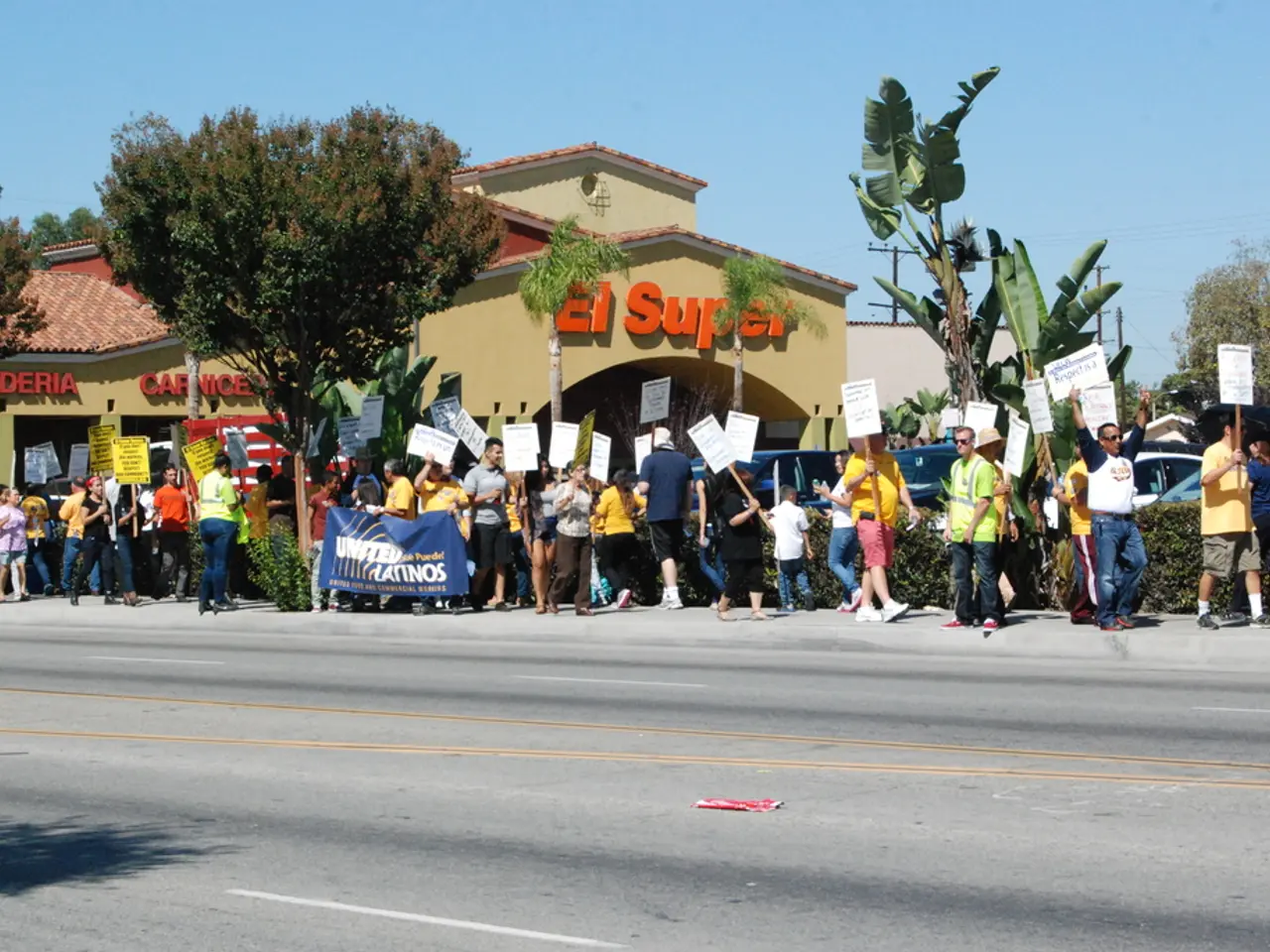United Kingdom decides to reduce voting age to sixteen prior to the upcoming national election, facing substantial resistance from conservative groups.
The United Kingdom is set to make a significant change in its electoral system, with plans to lower the voting age from 18 to 16 for all elections starting with the next general election. This reform is part of a broad electoral overhaul introduced by the Labour-led government and outlined in a new Elections Bill.
Rationale behind the change
Prime Minister Keir Starmer and government officials argue that 16- and 17-year-olds who contribute economically ("pay in" to the system) deserve the right to vote and have a say over how public money is spent. The government states that the change will make UK democracy more "fit for the 21st century," aiming to boost political participation and engagement among younger citizens. Lowering the voting age was a key campaign promise by Labour in the 2024 election, a response to historically low voter turnout (59.7% in 2024) and a desire to strengthen democratic foundations for the future.
Additional electoral reform measures accompanying this change include allowing UK-issued bank cards as valid voter identification, moving towards automatic voter registration, and enforcing stricter rules on political donations to protect against foreign interference.
Current status
The proposals have been announced and are set to be included in upcoming legislation. These changes still require parliamentary approval but are regarded as likely to pass given Labour's majority in the House of Commons and the traditional deference of the House of Lords to government manifesto pledges. The government has reaffirmed its commitment to lower the voting age despite some skepticism among young people themselves. A recent poll found that about half of 16 and 17-year-olds oppose lowering the voting age, and only 18% said they would definitely vote if an election were held imminently.
In her opinion piece, Deputy Prime Minister and Secretary of State for Levelling Up, Housing and Communities, Angela Rayner, notes that 1.6 million 16- and 17-year-olds will become eligible to vote with the change. Rayner, who was a single mother at the age of 16, argues that the change is about fairness, transparency, and giving young people a stake in the country's future.
Impact and controversy
The change to lower the voting age from 18 to 16 still requires parliamentary approval. Opposition politicians, such as MP Paul Holmes, have accused the Labour Party of trying to manipulate the electorate in their favor. Nigel Farage, leader of the Reform UK Party, criticizes the decision to lower the voting age, calling it an attempt to rig the political system. Farage expresses concern about the use of bank cards as a form of voter ID, suggesting it may undermine security measures at the ballot box.
MP Holmes questioned the government's position on the age of maturity, stating that it's contradictory for 16-year-olds to vote but not be allowed to do certain activities like buying lottery tickets or alcohol, marrying, or going to war. The change will make 16- and 17-year-olds eligible to vote in Scotland and Wales, but not in England and Northern Ireland for local elections.
In conclusion, the UK government is actively pursuing the lowering of the voting age to 16 to enhance democratic participation and modernize the electoral system, with the reform expected to be implemented by the next general election, pending parliamentary approval. The change will have a significant impact on the political landscape, particularly in Scotland and Wales, and will mark a seismic shift in the UK's approach to democracy and youth engagement.
- The government's proposal to lower the voting age from 18 to 16 is part of a political landscape shift, a response to the 2024 election's low voter turnout, and a step towards strengthening democratic foundations for the future.
- Countering the government's position, opposition politicians such as MP Paul Holmes argue that it's contradictory to allow 16-year-olds to vote but restrict their rights in other areas of life.
- Following the decision to lower the voting age, breaking news reveals ongoing controversy, with critics such as Nigel Farage of the Reform UK Party accusing the Labour Party of manipulating the electorate and expressing concern about the use of bank cards as a form of voter ID, believing it may undermine security measures at the ballot box.








